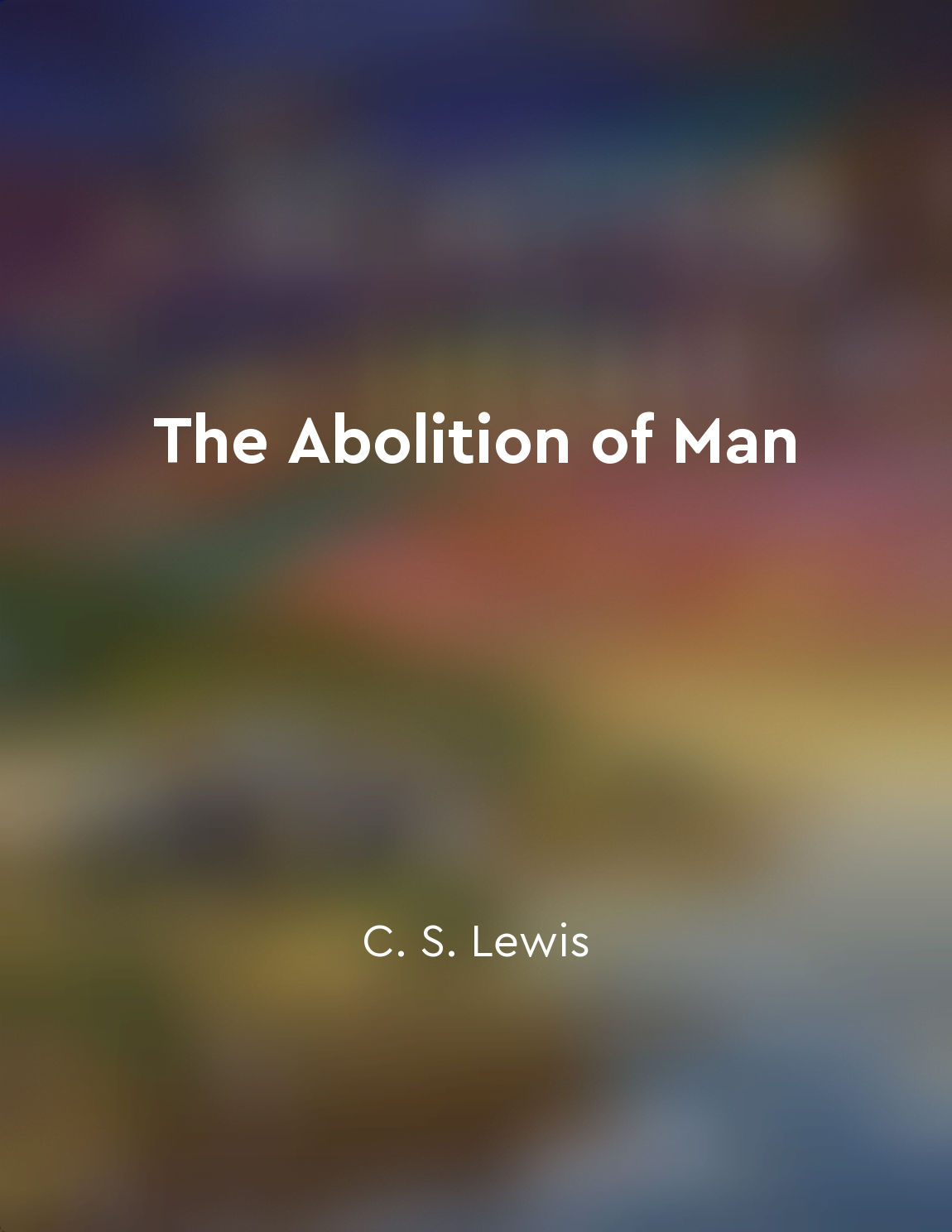Morality as a product of reason from "summary" of Fundamental Principles of the Metaphysic of Morals by Immanuel Kant
Morality, according to Kant, is not something that is imposed upon us by external forces or authorities. Instead, it is a product of our own reason. This means that morality is not something that we passively receive, but something that we actively construct through the use of our rational faculties. When we engage in moral reasoning, we are not simply following a set of rules or principles that have been handed down to us. Instead, we are using our rational capacities to determine what is right and what is wrong in a given situation. This requires us to think critically about our actions and their consequences, and to consider how they align with universal moral laws. For Kant, the ...Similar Posts
Humans are mostly driven by social instincts
Jonathan Haidt argues that human beings are fundamentally social creatures, shaped by evolution to thrive in groups. Our social...
Transcendental aesthetic explains sensibility
The Transcendental Aesthetic, as expounded in the Prolegomena to Any Future Metaphysics, serves as a foundational framework for...
Justice is essential for maintaining societal order
In human society, justice plays a vital role in ensuring the maintenance of order and harmony among individuals. Without justic...

Human beings are driven by a mix of selfinterest and social obligations
Human nature is a complex interplay of various motives and drives. At the core of human behavior lies a delicate balance betwee...

The impact of subjective feelings on moral decisions
The concept of moral decision-making is often underpinned by subjective feelings, as discussed in 'The Abolition of Man' by C. ...
Hegel's dialectical method influenced a generation of thinkers
Hegel's dialectical method was a philosophical approach that captivated the minds of many intellectuals in the early 19th centu...
Moral virtue is the disposition to obey the moral law
The concept of moral virtue is closely tied to the idea of obeying the moral law. According to Kant, moral virtue is not simply...
Acting morally requires selfdetermination
In order to act morally, one must exercise self-determination. This means that one must have the ability to make decisions base...
Moral virtue is the disposition to obey the moral law
The concept of moral virtue is closely tied to the idea of obeying the moral law. According to Kant, moral virtue is not simply...
